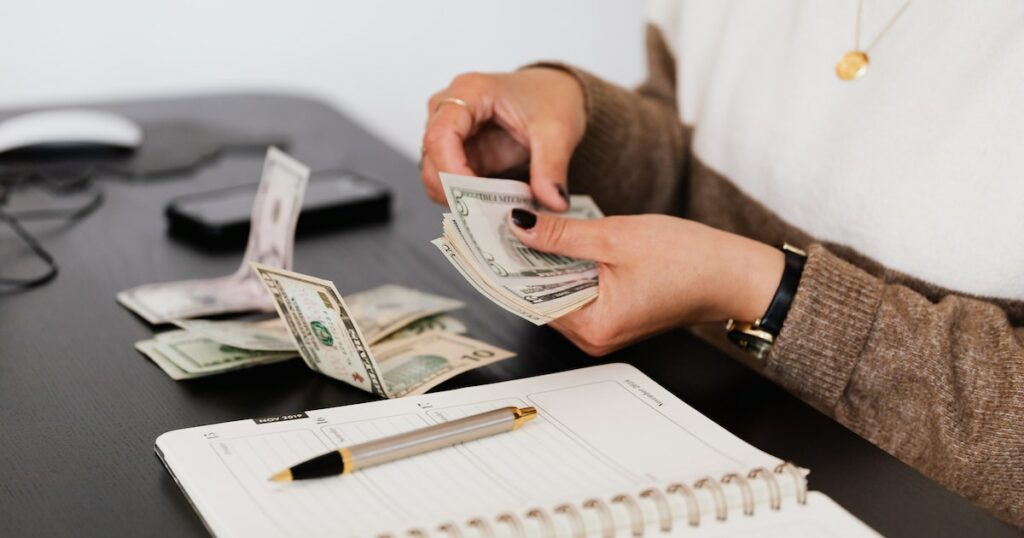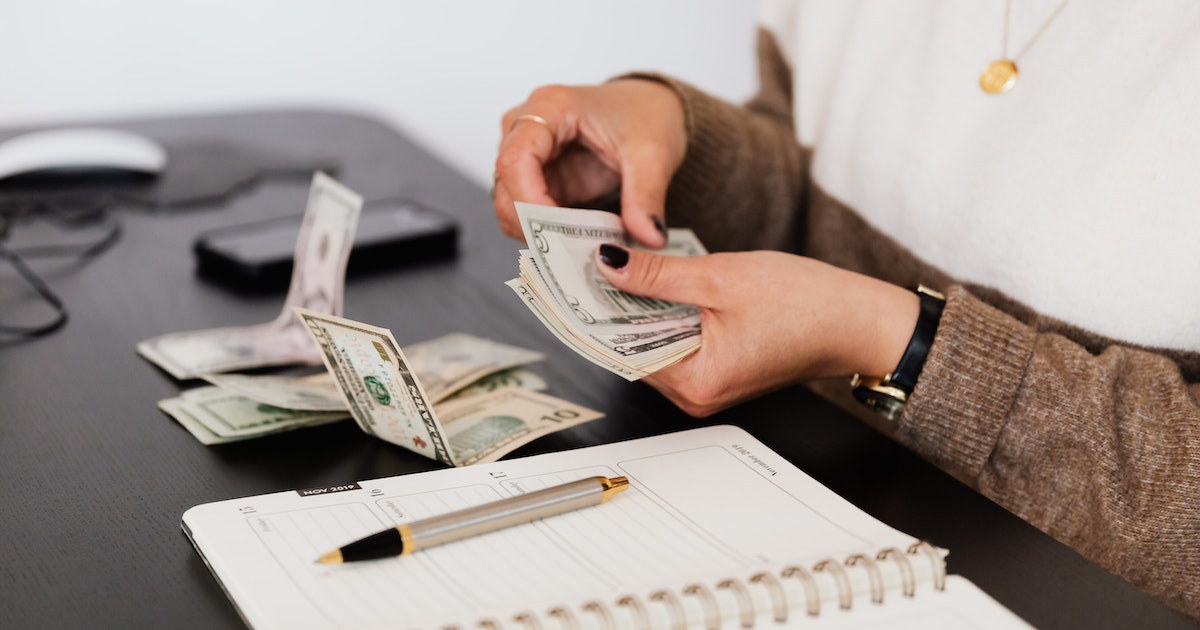Learn 9 Steps to Financial Fitness

Financial fitness, also known as economic well-being, refers to comfort and control over one’s financial situation. It entails the knowledge and confidence to use your money best. Daily, as well as through planned and unplanned events. It’s easier said than done, but here are 9 good money habits to get you started.

Spending and Budgeting
1. Make a budget.
Like a balanced diet, a budget can be the first step toward better financial health. It allows you to regain control and decide where you need and want to spend your money. This will include necessities such as rent or mortgage, utility bills, transportation, and hopefully, some things you enjoy.
Our budget planner can assist you in determining how you spend your money and where you might want to make changes. The important part is to schedule time to forecast your spending regularly, such as when you get paid. There are numerous apps available to assist you with this.
2. Maintain a spending log.
Making a budget is simple; sticking to it can be difficult. So keeping track of your expenses is critical. Again, apps can be helpful. Our mobile app, for example, has a feature called Balance After Bills that shows you how much money you’ll have left after your regular bills and payments have been deducted from your account.
Being aware of when and where you spend can help you keep your spending under control. It can also help you identify areas where you could save money.
3. Use your money wisely
No matter how big or small your budget is, not overspending is a critical habit to develop. Knowing your limits and spending your money wisely will help you avoid guilt. It entails concentrating your spending on necessities and items that provide you with genuine pleasure or value.
You can, for example, spend money on clothes or go out with friends if those are things you enjoy, but you should budget for them, so you won’t regret it later.


